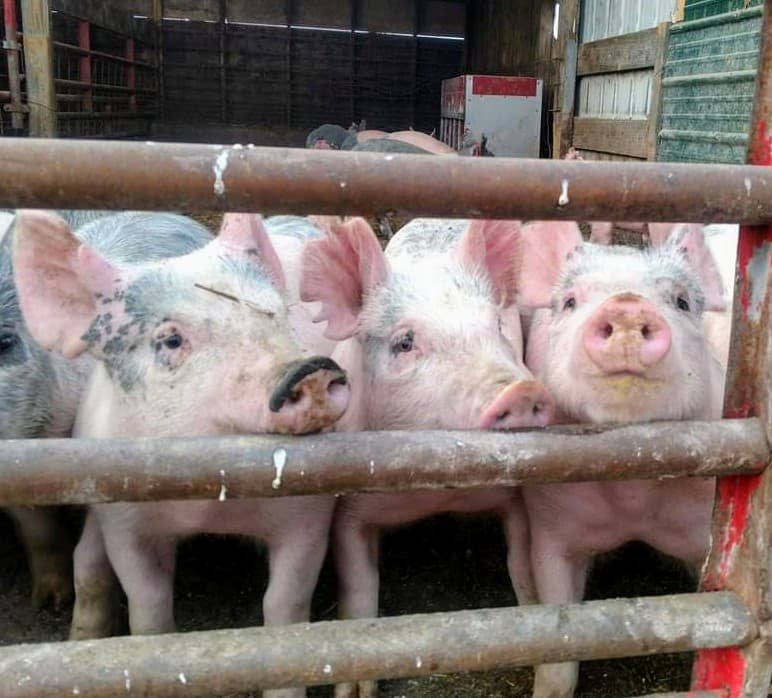Responsible Consumerism
How to help your local farmer, and stretch your money.
We have the chance to chat with a large variety of people by selling directly to consumers. We mainly talk to people at the farmer’s market but we love to answer questions online as well. Confidently, we can say that the largest number of questions, concerns, and misunderstandings come from people wanting to be responsible consumers when buying fresh produce and meat.
It is so easy for an advertising company, heck any company in this day and age, to make their audience think that something, or some process, is bad for you. Everyone wants to avoid unhealthy, unwholesome products and processing of those products of course, but just because someone claims something is bad, is it? Of course not! It’s something we’ve all learned as children but have somehow managed to forget in this world of constant advertisement and opinions.
So, for simplicity’s sake, let’s assume a clean slate when it comes to agricultural products. Farmers want to feed as many people as possible, efficiently as possible, so they are going to use the best they can afford to take care of their land and livestock. That is true for 99.9% of people in the industry so let’s ignore all the food labels and focus on our responsibility as consumers.
The number one best thing you can do for yourself, your farmers, and the earth, is to buy as locally as possible. Go to that farmer’s market and fill up with a week’s worth of fruits, veggies, and meats! These products have traveled very short distances to get to you and you are keeping your money in the local economy for one more transaction. Even if there are some wholesale resellers at the market, you are still helping your local businesses by buying their products. Pro tip: only buy in-season produce for your area to truly maximize your impact at the market.
Most farmer’s markets are not year-round, but you can still make a difference by spending your dollars close to home! In the off-season, or if some market finds are a little out of your price range, try and shop at local grocery chains and stick to the in-season produce as much as possible. That way you are more likely to be buying produce from your region, which cuts down on a lot of middlemen and transportation costs. Even if you frequent the bigger grocery chains, by sticking to produce that is seasonal you’re still helping your regional farmers keep their facilities running for another year.
When buying meat, you have the added benefit of it not being a seasonal product. Unless you are buying directly from the farmer (or rancher), or a butcher shop that cuts their own meat, your products are going through the hands of the big packing companies. While this isn’t necessarily a bad thing (we do ship a lot of semi-loads that end up as steaks far away from us), it cuts out a lot of profit that the farmer isn’t able to capture by selling animals that way. The best way to buy meat is to connect with a local raiser who sells directly to the customer. This cuts out the middleman and keeps a lot more dollars in the owner’s pocket versus the packing plant’s bank account.
While we’re not all perfect, a few key choices can really help your local agricultural community and minimize your impact on the environment. By focusing your money on buying local meat and produce, it’s easy to bring fresh and delicious food to your table while at the same time keeping your hard-earned dollars within your local economy. Taking control of our own consumerism and focusing on making one more smart decision today than we did yesterday, will ultimately make our world a happier and healthier place to live for ourselves and future generations.



